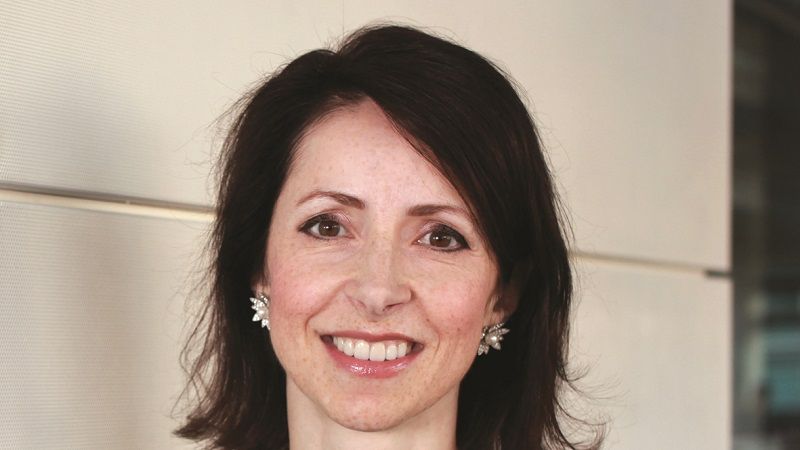UK-listed investment platform AJ Bell has attempted to boost its diversity levels by appointing two women non-executive directors (NEDs) to the board.
The FTSE 250 firm was recently flagged in the concluding Hampton-Alexander Review, which was a five-year project aiming to reduce gender imbalances and increase the number of women on FTSE boards to at least 33%, for not having met this target and for having an all-male executive committee.
At the end of 2020, AJ Bell had one woman on the board, meaning women board representation stood at 16.7%. Meanwhile, overall women representation on the combined executive committee and board was lower at 16.1%.
Today, the platform announced current chair Les Platts will be stepping down at the next AGM in January 2022 and will be replaced by Baroness Helena Morrissey (pictured), previous head of personal investing at Legal & General Investment Management and CEO for 15 years at Newton Investment Management. She is also chair of the Diversity Project and well-known for championing women in the investment management sector.
Furthermore, Evelyn Bourke has been appointed as NED joining on 1 July 2021. She is currently NED at Marks & Spencer Group and at Bank of Ireland Group, and was also previously CEO of Bupa until December 2020, and held senior roles at a number of financial services businesses including Friends Provident, Standard Life and Chase de Vere.
Following both appointments, AJ Bell’s women board representation will stand at 43%, a step in the right direction in terms of improving the firm’s overall gender imbalances. However, there are currently eight members on the executive committee, all men, so if this remains unchanged by January 2022, overall women representation on combined executive committee and the board will be just 20%.
When contacted by ESG Clarity in February about the gender imbalances on the executive committee, a spokesperson said the average tenure on its executive team is more than 10 years and added: “We recognise the importance of diversity and that is a priority as the leadership of the business grows.”
See also: – CFBG: Investment groups calling for better diversity must look inward
Commenting on the new joiners Laura Carstensen, senior independent director at AJ Bell, said: “The appointments of Helena Morrissey and Evelyn Bourke further strengthen the AJ Bell board and will help develop the company’s ambitious growth strategy. They each have a broad depth of experience in a range of financial services business and we are confident this will bring new ideas to the business that will benefit all our stakeholders. The board and I would like to thank Les for the vital role he has played in the growth and success of AJ Bell as a director since 2008 and as chair since 2014.”
NED gender pay gaps
ESG Clarity recently covered findings from a study by City employment law firm Fox & Partners, which concluded the 66% gender pay gap at FTSE-350 financial services firms remains because of the tendency to appoint women to lower-paid non-executive director roles. Some 86% of FTSE-350 financial services firm women directors are in non-executive roles, which it said are inclined to be paid less than executive roles, with less day-to-day responsibilities to conduct.
This means the average pay for female directors at FTSE-350 financial services firms stands at £247,100 compared with £722,300 for their male counterparts.
“It appears from the research that in order to improve board diversity, companies are more willing to give women non-executive roles but are not appointing women to the higher-paid executive roles, which would give them greater influence within the company,” a release of the research said.
“Firms need to be aware that while appointing women to NED roles is a step in the right direction, it only addresses part of the problem. Ensuring women are appointed to permanent senior executive positions will result in their having more influence at a senior, strategic level and will create a greater long-term change.”








